The world of gastronomy is filled with unexpected ingredients that challenge our preconceived notions of what constitutes food. Among these, the mucus extracted from Moroccan snails has emerged as a fascinating and somewhat controversial component in both traditional medicine and haute cuisine. This viscous secretion, often dismissed as mere slime, carries with it a rich cultural history and a surprising array of applications that span from skincare to gourmet dishes.
In the winding alleys of Moroccan markets, vendors have long touted the healing properties of snail mucus. Known locally as "belloua," this substance is harvested from garden snails (Helix aspersa) that thrive in the country's Mediterranean climate. The collection process is meticulous—snails are stimulated to produce mucus without harm, often through gentle agitation or brief exposure to mild stressors. What results is a translucent gel that has been used for generations to treat everything from minor cuts to more serious skin conditions.
The beauty industry has taken note of this humble secretion. High-end cosmetics brands have begun incorporating Moroccan snail mucus into their formulations, capitalizing on its reputed anti-aging and moisturizing properties. The mucus is rich in glycoproteins, hyaluronic acid, and antimicrobial peptides, making it a potent ingredient for skincare. While some consumers might balk at the idea of applying snail slime to their faces, those who have tried it swear by its ability to reduce fine lines and improve skin elasticity.
Beyond the realm of cosmetics, Moroccan snail mucus has found its way into the kitchen. Traditional Moroccan snail soup, known as "Babbouche," features the mucus as a key thickening agent. The dish, often sold by street vendors in the evening, is believed to have medicinal benefits, particularly for digestive issues. The mucus lends the broth a unique, slightly gelatinous texture that might be off-putting to the uninitiated but is cherished by locals. In recent years, avant-garde chefs have experimented with the ingredient, using it to add viscosity to sauces or as a novel garnish for high-end dishes.
The scientific community has begun to validate what Moroccan traditions have long suggested. Studies have shown that snail mucus contains compounds with significant wound-healing and anti-inflammatory properties. Researchers are particularly interested in its potential applications in treating burns and chronic skin conditions. The mucus's ability to stimulate collagen production and protect against bacterial infections has made it a subject of intense study in dermatology and regenerative medicine.
Despite its benefits, the use of snail mucus remains a niche practice outside of Morocco. Cultural barriers and the "ick factor" associated with slimy secretions have limited its widespread adoption. However, as consumers become more adventurous and sustainability concerns push the food and beauty industries to seek alternative ingredients, Moroccan snail mucus may well find its moment in the global spotlight. Whether as a culinary curiosity or a skincare miracle, this humble substance continues to challenge our perceptions of what nature has to offer.
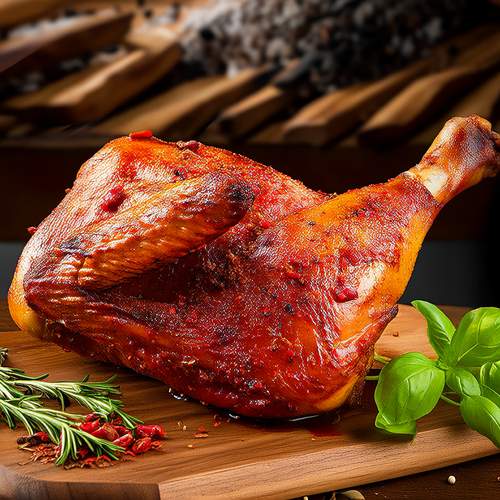
By /May 26, 2025

By /May 26, 2025

By /May 26, 2025
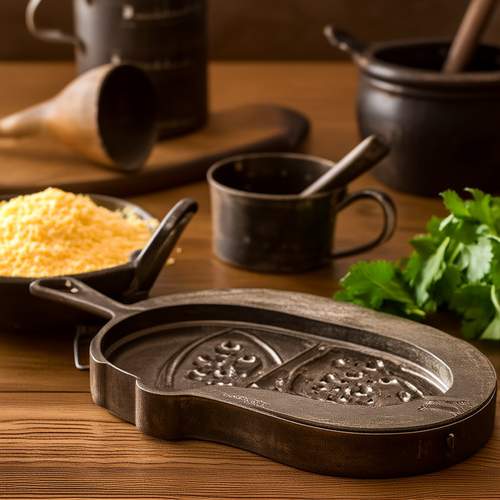
By /May 26, 2025
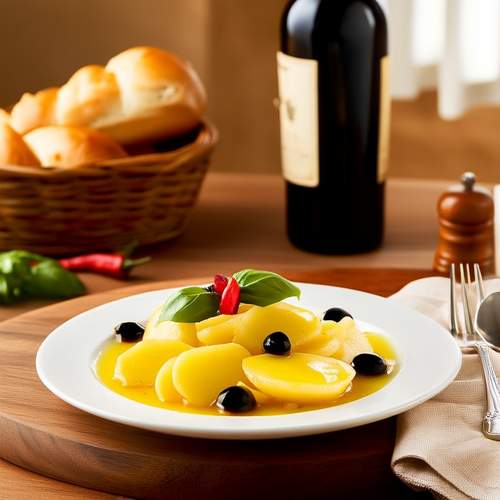
By /May 26, 2025
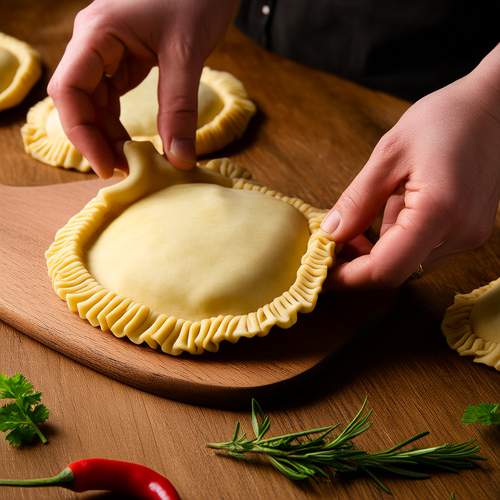
By /May 26, 2025
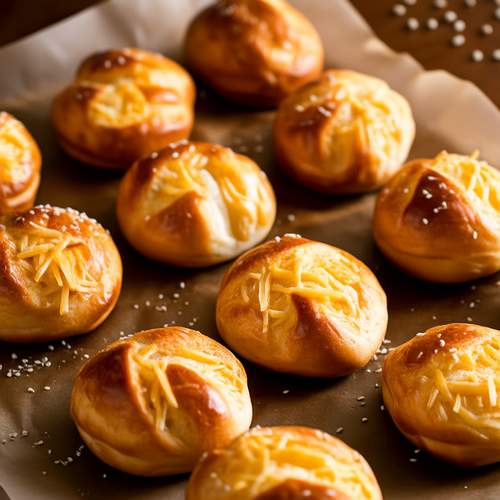
By /May 26, 2025
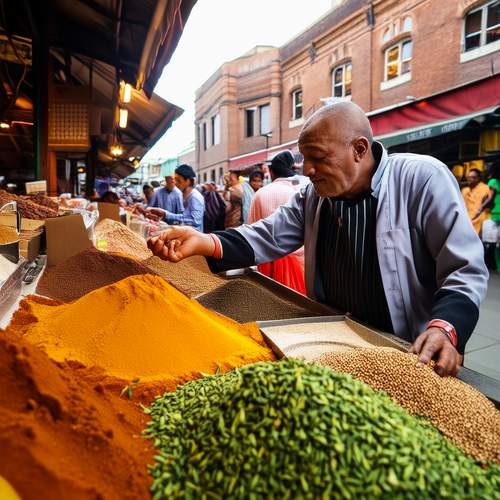
By /May 26, 2025
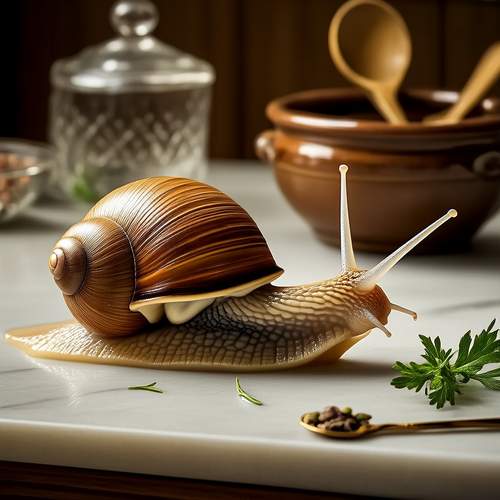
By /May 26, 2025
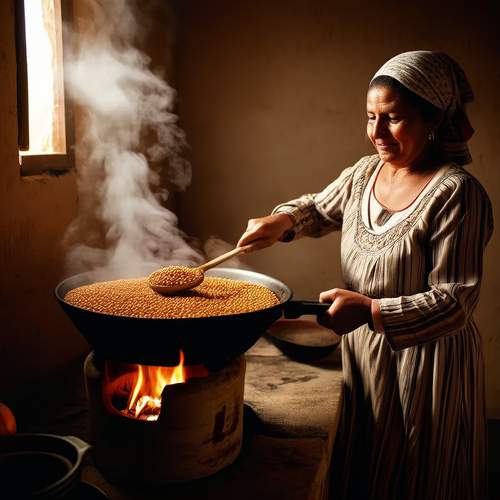
By /May 26, 2025
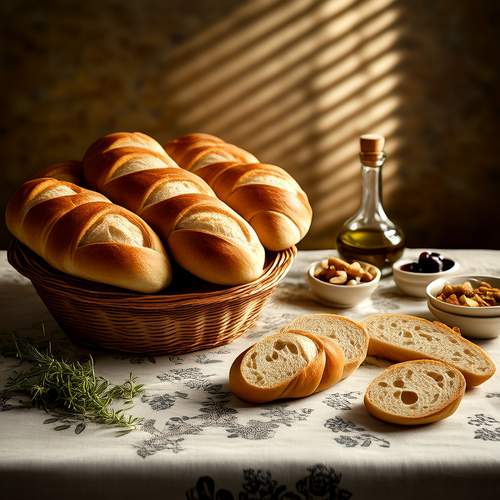
By /May 26, 2025
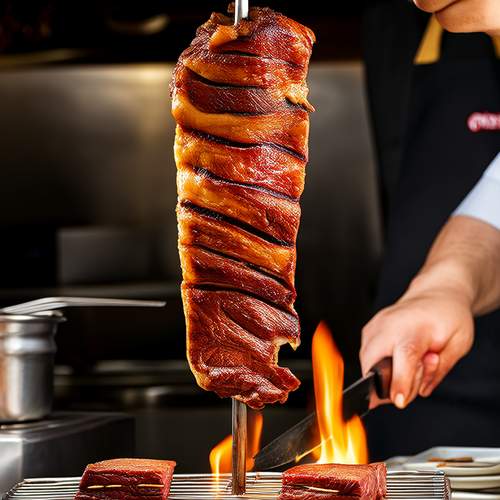
By /May 26, 2025
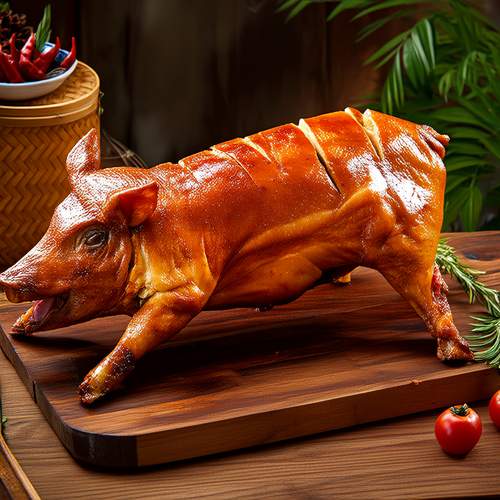
By /May 26, 2025

By /May 26, 2025
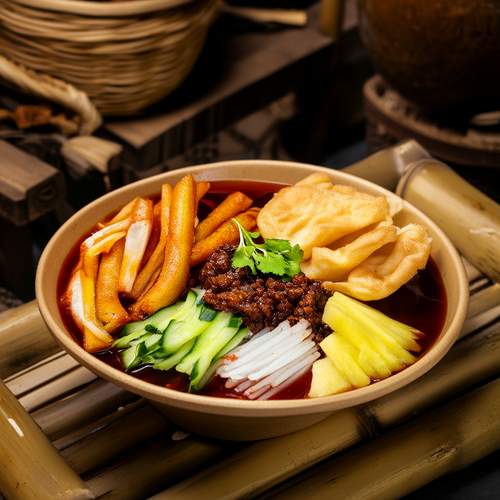
By /May 26, 2025
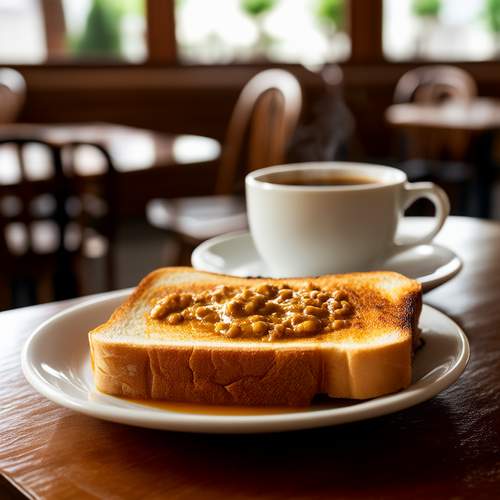
By /May 26, 2025

By /May 26, 2025

By /May 26, 2025

By /May 26, 2025

By /May 26, 2025